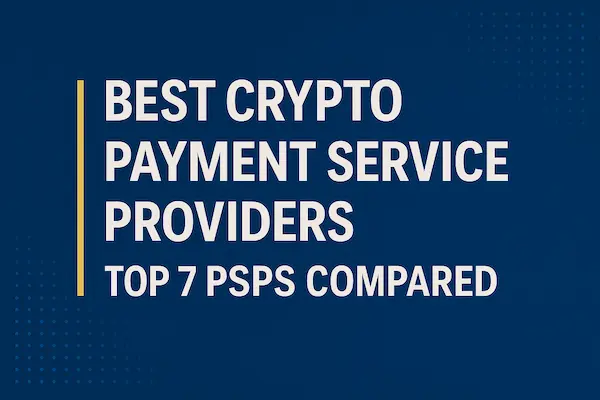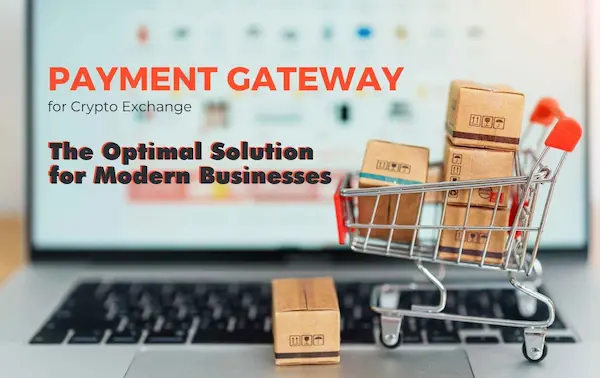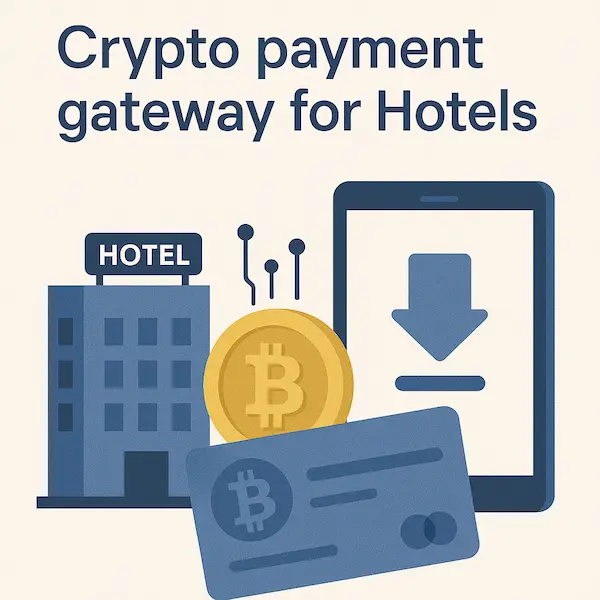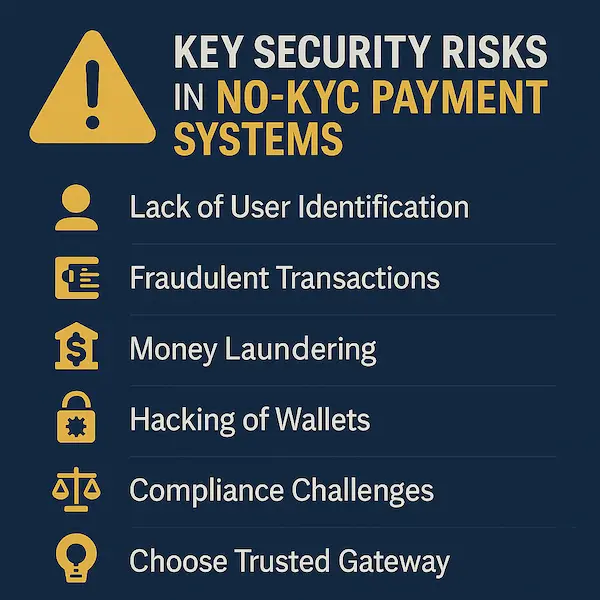For any online enterprise, selecting the appropriate payment gateway ranks as one of the most critical decisions. Beyond simply collecting payment, you need to ensure that the customer checkout process is smooth, safe, and effective. Finding the best ecommerce payment gateway deals with most of the issues related to online success. You will learn how to ecommerce payment gateways through this guide which highlights the appealing aspects of low-fee gateways and the critical components of a safe gateway.
Contents
- 1 Best payment gateways for ecommerce businesses in the market today
- 2 Review ecommerce payment gateways
- 3 Payment Gateway 1: Stripe
- 4 Payment Gateway 2: PayPal
- 5 Payment Gateway 3: Xaigate
- 6 The Evolution of Ecommerce Payment Gateways: Smart Technology as the New Standard
- 7 Customization and Integration: The Strategic Edge in Choosing an Ecommerce Payment Gateway
- 8 FAQs – Best eCommerce Payment Gateway
Best payment gateways for ecommerce businesses in the market today
Between your customers and your bank account lies a merchant account which your payment gateway ties to. It has major importance concerning revenue generation, consumer confidence, and operational productivity.
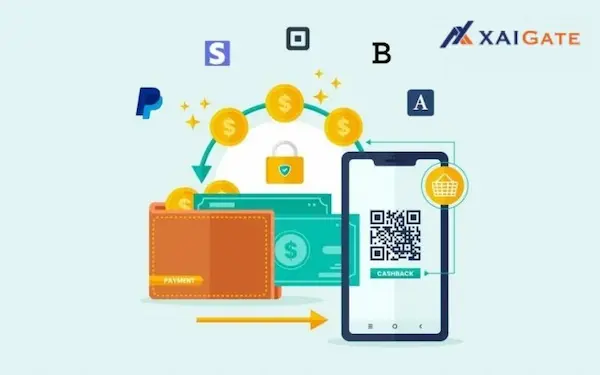
Importance of a payment processor for online transactions
Your proper selection of a payment gateway for e-commerce increases its advantage by reducing cart abandonment, fraud attempts, and streamlining accounting procedures. Conversely poor choice leads to frustrating clients alongside concealed costs. This key element in buyer experience has tremendous importance to best ecommerce payment gateway business and sailing.
Weighing options for an ecommerce payment gateway
What is your estimated transaction volume? What is your potential customer demographic? What is your business model? Technically speaking, do you have the appropriate systems in place? Also, do you need cross-border ecommerce? Do you need low fees or low fees? How important is advanced fraud detection? How easy to use should it be? Answering these questions will help narrow down the search for the best ecommerce payment gateway for your business. Every business has its own unique requirements.
Table 1: Top 3 Best E-commerce Payment Gateways for You
| Payment Gateway | Key Features & Highlights | Best For |
|---|---|---|
| Xaigate | – Tailored for WooCommerce – Emphasizes strong security, encryption, and fraud prevention – Modern design aiming to boost merchant confidence – Compliance with global standards |
WooCommerce store owners looking for a secure, integrated, and modern gateway |
| Stripe | – Developer-friendly APIs – Highly customizable – Strong fraud protection – Supports 135+ currencies – Wide range of payment options |
Tech-savvy businesses and enterprises seeking custom integrations |
| PayPal | – Strong brand recognition – User familiarity – Offers Standard (redirect) and Payments Pro (on-site) checkout options – Streamlined setup, but comparatively higher fees |
Merchants wanting fast setup and trusted checkout experience |
Review ecommerce payment gateways
Looking at a single feature in isolation is not the right approach. Pricing, security, already using a certain ecommerce payment gateway and needing to pay extra for integration, all should be factored in when doing a more thorough comparison of ecommerce payment gateways.
Focusing on fee structures
Transaction rates, flat fees, and even monthly fees are some of the payment gateway service fees that are set on complex structures. There will always be a complete set of each and every type of fee, so in order to make the right choice for your business, you must understand the total cost. Sometimes, what appears on the surface to be a low percentage could be a significantly higher monthly fee. A detailed cost breakdown will provide several interesting insights, revealing the most effective solution. Boosting that value – removing the ecommerce payment gate on the transaction rate enables you to analyze the true value of the ecommerce payment gateway that you’ve chosen.
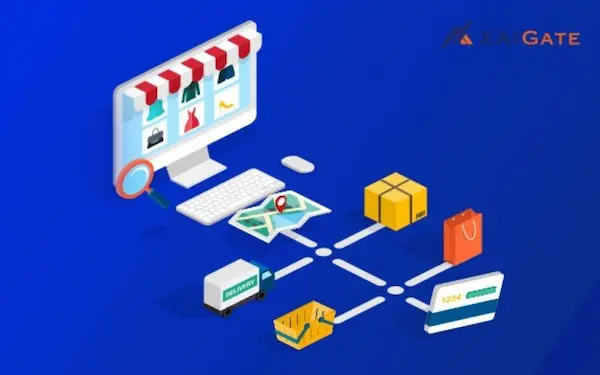
Security Features: Maintaining Trust While Guaranteeing Protection
Payment security is one area where compromise is out of the question. Protecting sensitive business information, as well as safeguarding customer data from fraud, requires strict adherence to security protocols for the eCommerce payment gateway chosen. Look for encryption, tokenization, compliance to PCI DSS, and fraud detection tools. Damage to brand reputation as well as financial or legal implications could arise from breaches. Trust from customers can be secured when investment is made towards an eCommerce payment gateway that is fully secure.
Integration and user experience
The payment gateway should integrate with the existing ecommerce platforms (Shopify, WooCommerce, Magento etc.) The payment gateway integration must simplify the process of setting up and maintaining. The ease with which customers complete the checkout process is of equal importance. It must fast, intuitive, seamless, and effortless so that the chances of conversion are maximized. The best ecommerce payment gateways offer great usability for merchants and customers alike.
Payment Gateway 1: Stripe
Stripe is the top choice for a large number of online businesses globally due to its focus on developers. It is often considered the best eCommerce payment gateway for custom solutions.
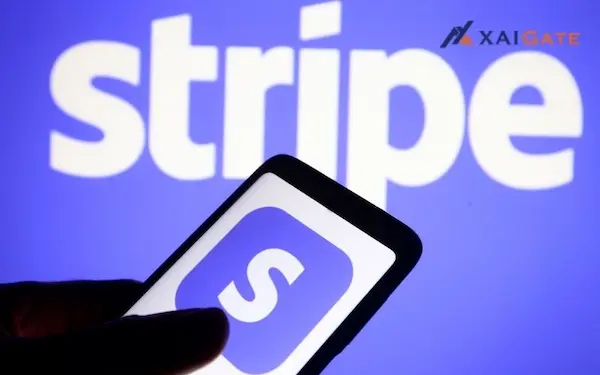
Stripe’s strengths Flexibility and features
Stripe is known for its robust APIs and extensive documentation which offer considerable convenience to developers in tailoring the checkout process. Payments through credit and debit cards, Apple Pay, Google Pay, and many other international payments are accepted. Recurring billing and fraud detection are other notable features. Its solid infrastructure makes Stripe a trusted e-commerce payment gateway.
Ideal use cases for Stripe
Stripe works seamlessly for SaaS businesses, subscription models, secondary marketplaces, and other checkout-flow-reliant businesses as it offers them unmatched flexibility. Its developer-first approach makes it the best ecommerce payment gateway for those who want deep control over their payment processing. While its fees are competitive, not always the absolute lowest, his value comes from powerful features.
Payment Gateway 2: PayPal
Stripe works seamlessly for SaaS businesses, subscription models, secondary marketplaces, and other checkout-flow-reliant businesses as it offers them unmatched flexibility. Its developer-first approach makes it the best ecommerce payment gateway for those who want deep control over their payment processing. While its fees are competitive, not always the absolute lowest, his value comes from powerful features.
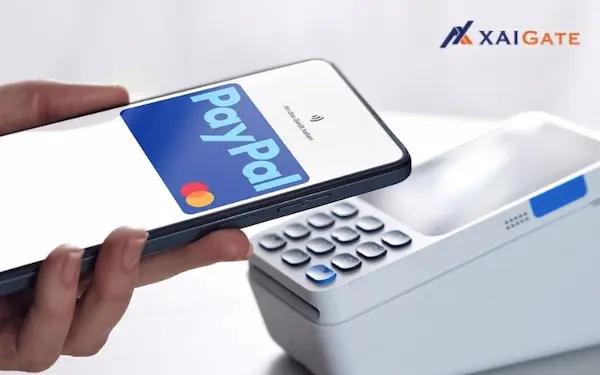
PayPal’s extensive coverage and familiarity with users
One of the most striking benefits of PayPal is its extensive user base and global reach. During the payment process, the fact that the user already has a PayPal account ensures streamlined and simplified checkout. This familiarity tends to increase conversion rates, particularly for overseas transactions. For many users, PayPal serves as a reliable e-commerce payment gateway. The associate functions of PayPal aid in cementing the standing as a preeminent e-commerce payment gateway.
Payment Gateway 3: Xaigate
Despite the presence of a handful of large companies, the payment gateway industry is witnessing constant evolution. New entrants are always welcome to compete with cutting-edge ideas.
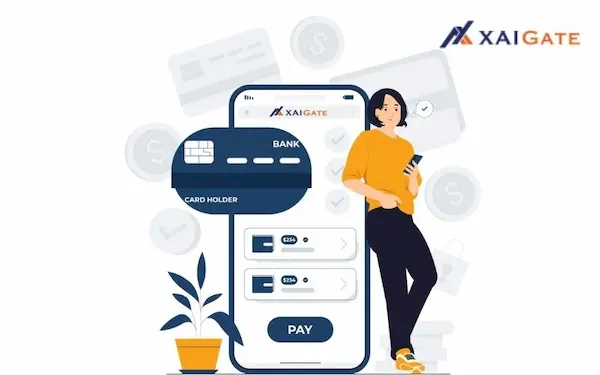
Read more: Key Factors Affecting the Cost to Develop Crypto Payment Gateway Effectively
The rise of crypto-friendly payment gateways
Due to the growing popularity of cryptocurrencies, there are now specialized payment gateways that enable firms to accept digital currency. These gateways tend to have lower fees for international transactions as well as a lower risk of chargeback, making them easier alternatives than traditional gateways. Looking into these options can diversify your payment systems beyond the scope of traditional e-commerce payment gateways.
Xaigate: An innovative solution for payment gateway of e-commerce you will need
Companies like Xaigate are coming up to meet the growing needs of businesses looking for more flexible and cost-cutting solutions. Modern e-commerce payment gateways are being developed by Xaigate with a focus on transparent pricing and functionality. They have been positioned with a strong focus on security to offer competitive pricing making them a low-cost e-commerce payment gateway option for a variety of businesses. Along with providing robust security measures, Xaigate has also been focused on meeting the ever increasing requirements of the digital market with their secure e-commerce payment gateway solutions.
Making a selection for the best ecommerce payment gateway is one choice that puts in line operational efficiency and customer experience alongside profitability that you will make. Focusing too strongly on the fee structure will not yield favorable results as pursuing low-fee ecommerce payment gateways without strong security features will render them useless. A perfect fit can be achieved with seamless integration capabilities interfaced with robust security features.
The Evolution of Ecommerce Payment Gateways: Smart Technology as the New Standard
At XAIGATE, we’ve observed a clear shift in how ecommerce businesses approach payment solutions. Gone are the days when an ecommerce payment gateway simply served to process transactions between customers and banks. In today’s digital landscape, a modern gateway must act as a smart technology platform—one that not only facilitates payments but also enhances user experience, reduces cart abandonment, and strengthens customer trust.
Advanced ecommerce payment gateways now leverage artificial intelligence (AI), machine learning, and real-time analytics to detect fraud, personalize payment flows, and streamline checkout processes. For example, if a customer hesitates at the final step, the system can automatically suggest alternative payment methods or trigger a limited-time offer to nudge them toward conversion. This proactive intelligence can significantly boost completion rates and customer satisfaction.
From our perspective at XAIGATE, choosing a payment gateway is no longer just a technical decision—it’s a strategic growth move. Companies that prioritize adaptable, intelligent payment technology gain a competitive edge, reduce operational risks, and build stronger relationships with their customers in the long run.
Table 2: XaiGate vs BitPay vs Kyrrex Pay
| Payment Gateway | Transaction Fees | Supported Cryptocurrencies | Integration / Features | Notable Strengths |
|---|---|---|---|---|
| Xaigate | ~0.2% per transaction; no setup or monthly fees | Supports 9800+ cryptos across multiple networks | APIs and plugins for WooCommerce, Shopify, Magento, etc. | Ultra-low fees, easy and fast integration, no KYC, strong security and merchant trust |
| BitPay | Typically higher (not specified) | Major currencies (e.g. Bitcoin, Bitcoin Cash) | Enterprise-grade: invoicing, analytics, fiat conversion, dashboard tools | Long-established, reliable, compliant — great for large businesses |
| Kyrrex Pay | 0.5%–2% per transaction (typical range) | 100+ cryptocurrencies including stablecoins | No-KYC for crypto payments, real-time dashboard, instant settlement | Privacy-focused, fast and anonymous, good coin selection & UX |
Customization and Integration: The Strategic Edge in Choosing an Ecommerce Payment Gateway
For many ecommerce companies, the biggest pain point isn’t just how a gateway processes payments—it’s how well it integrates with existing systems. At XAIGATE, we consistently hear from clients who need an ecommerce payment gateway that goes beyond reliability and security. What they really need is flexibility—a platform that molds to their workflow, not the other way around.
Every business has its own operational ecosystem—whether it’s a custom-built website, a mobile app, a POS system, or third-party logistics software. A capable payment gateway must provide flexible APIs, support multi-platform transactions, and offer seamless integration with inventory tools, accounting software, CRM platforms, and even marketing automation systems. When a gateway can adapt without disrupting internal operations, it saves time, reduces tech overhead, and empowers growth.
At XAIGATE, we believe that integration is power. A truly modern ecommerce payment gateway should make it easy for businesses to scale, customize payment journeys, and align checkout experiences with brand identity and customer expectations. Flexibility, after all, isn’t just about convenience—it’s about unlocking potential.
FAQs – Best eCommerce Payment Gateway
1. What makes a payment gateway “best” for eCommerce?
A top payment gateway combines low fees, strong security, easy integration across platforms, support for multiple currencies—including crypto—and reliable customer support.
2. Can I use the same gateway for both fiat and crypto payments?
Yes. Leading gateways support hybrid payments, allowing merchants to accept credit cards and cryptocurrencies in a single checkout experience.
3. How do I choose the right gateway fees?
Compare transaction rates, payout timing, and network costs. Gateways charging 0.2–1% per transaction with transparent fee structures are usually the most economical.
4. Is it important to have fraud detection features?
Absolutely. A good gateway includes fraud monitoring, 3DS authentication, IP risk checks, and chargeback protection to ensure secure transactions.
5. Are there gateways that support one-click installments or subscriptions?
Yes. Some gateways offer recurring billing and one-click checkout tokens, perfect for subscription-based and returning customer models.
6. How do I integrate a payment gateway with my eCommerce platform?
Most providers offer plugins or SDKs for platforms like WooCommerce, Shopify, Magento, and PrestaShop. If needed, you can also integrate via API.
7. Should I choose a custodial or non-custodial gateway for crypto?
It depends. Non‑custodial gateways let you hold your own crypto, while custodial ones manage assets for you. Choose based on control and compliance needs.
8. Can I auto-convert crypto payments to fiat?
Yes. Many gateways include auto-conversion, ensuring merchants receive local currency after a crypto payment is made.
9. How important is payout speed?
Payout speed matters. Fast settlements—ideally same-day or within 24–48 hours—help merchants manage cash flow and avoid delays.
10. What support and documentation should I expect?
Look for gateways with clear integration guides, active API references, responsive developer support, and a community forum for troubleshooting.
For daily updates, subscribe to XAIGATE’s Crypto News!
We may also be found on GitHub, and X (@mxaigate)! Follow us!

